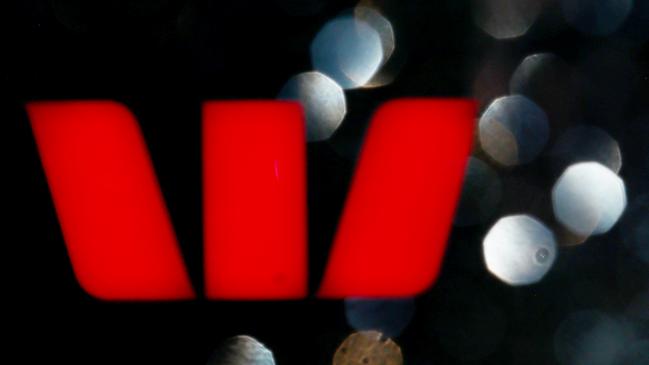Westpac defence slammed in money-laundering scandal
Financial crimes regulator Austrac has come out swinging against Westpac’s legal defence to parts of a Federal Court action.

Financial crimes regulator Austrac has come out swinging against Westpac’s legal defence to parts of a Federal Court action, saying the bank’s programs were not up to scratch and several of its claims were irrelevant to determining breaches of the law.
The parties are battling over points of disagreement, with Austrac lodging a reply document in court on Friday to Westpac’s defence filed in mid-May. In that defence, the bank admitted to the bulk of 23 million alleged breaches of anti-money-laundering laws, but continued to argue against parts of Austrac’s claims.
The reply document came at the end of a high-pressure week for Westpac, hot on the heels of Thursday’s release of the bank’s detailed accountability reviews of the scandal, which sought to get to the bottom of what went so drastically wrong.
An independent advisory panel uncovered a litany of errors at Westpac in financial crimes compliance, noting sins of omission, misleading information being communicated to the board, poor resourcing and failed technology implementation. It did not, however, find there was any intentional wrongdoing.
In its reply document, Austrac slapped down Westpac’s argument that its compliance program and regulatory approach did identify, manage and mitigate risk by assessing entities it did business with, and having a methodology to take risk into account.
Austrac replied: “The Part A Program did not have the primary purpose of identifying, managing and mitigating the risk that Westpac may reasonably face that the provision of designated services at or through a permanent establishment in Australia might (whether inadvertently or otherwise) involve or facilitate money laundering or financing of terrorism as the Part A Program was not reasonably capable of achieving that purpose.”
The parties have been unable to agree on a penalty over the bank’s transgressions, with Westpac putting aside $900m for a settlement and Austrac said to be pushing for at least $1.5bn. Commonwealth Bank agreed to pay a record $700m fine to Austrac in 2018 after it faced court proceedings for 53,750 breaches of the Anti-Money Laundering and Counter-Terrorism Financing Act 2006.
Most of Westpac’s alleged financial crime breaches related to a failure to report international funds transfer instructions to Austrac, but they also included explosive claims the bank helped to facilitate transfers to pay for child exploitation material.
In its defence, Westpac made some qualified admissions on the allegations which rocked the board last November: namely, that the LitePay platform could have facilitated child exploitation payments by a dozen customers.
Westpac admitted it “did not sufficiently monitor” the customers “with a view to identifying, mitigating and managing the CEM (child exploration material) risk”. But on another point, Westpac argued that “at all material times, including when it carried out the 47 preliminary risk assessments” on correspondent banks it was dealing with, it “reasonably believed” its approach was compliant with section 98(1) of the relevant law.
Part of Westpac’s point centred on an Austrac report into its compliance in December 2016, in which it said the regulator made recommendations to enhance its processes but did not identify noncompliance.
Austrac countered by saying Westpac’s claims weren’t relevant to determining whether the bank breached that section of the legislation. The regulator also said Westpac’s attempts to highlight that its due diligence assessments were compliant with the law were “not relevant” to whether it breached an applicable section of the Act. Section 98 of the Anti-Money Laundering and Counter-Terrorism Financing Act 2006 includes requirements for banks dealing with other financial institutions to “carry out regular assessments”. In addition, they have to prepare a written record of each assessment “as soon as practicable” after its completion.
Austrac and Westpac next square off in court on June 17. The legal action has reverberated through Westpac and caught the attention of the banking regulator and the Australian Securities & Investments Commission, which are conducting separate inquiries.
As revealed by The Australian this week, ASIC has started forcing in-depth interviews with relevant Westpac staff, after issuing compulsory examination orders.
Days after the Austrac action was lobbed, then Westpac chief executive Brian Hartzer fell on his sword and chairman Lindsay Maxsted brought forward his retirement. Non-executive director Ewen Crouch didn’t seek re-election at the 2019 annual meeting.
Former finance boss Peter King took the reins as CEO earlier this year, while banking veteran John McFarlane took over as chairman.




To join the conversation, please log in. Don't have an account? Register
Join the conversation, you are commenting as Logout